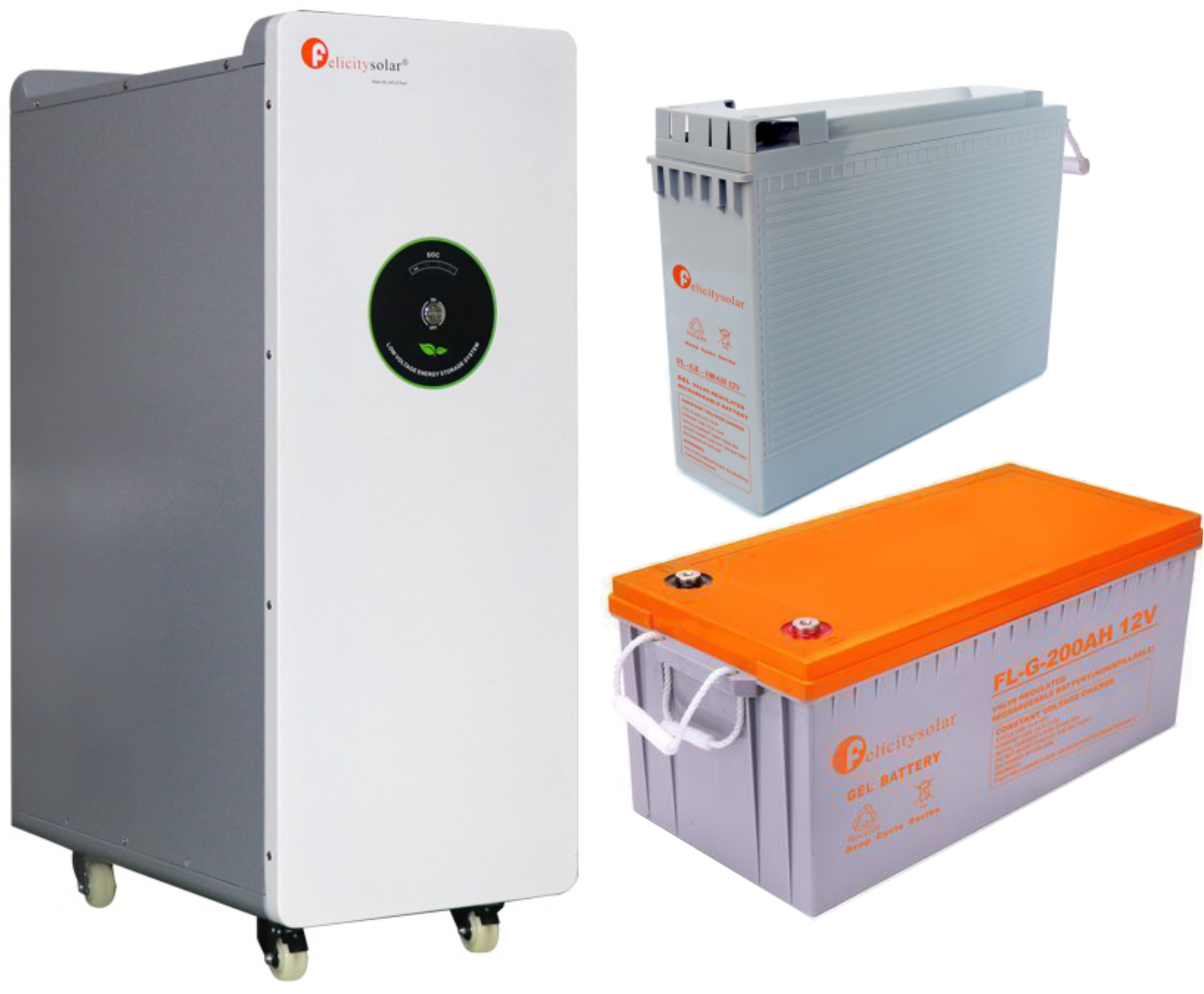As solar energy becomes increasingly popular, many homeowners and businesses are considering adding solar batteries to their systems. But are they worth the investment? In this blog post, we’ll break down everything you need to know about solar batteries, including how they work, their benefits, costs, and whether they’re a smart addition to your solar setup.
What Are Solar Batteries?
Solar batteries, also known as solar energy storage systems, store excess energy generated by your solar panels for later use. Instead of sending unused energy back to the grid (via net metering), you can store it in a battery and use it when the sun isn’t shining, such as at night or during power outages.
How Do Solar Batteries Work?
- Energy Generation: Solar panels convert sunlight into electricity during the day.
- Energy Consumption: Your home or business uses the electricity generated by the panels.
- Energy Storage: Excess energy is stored in the battery instead of being sent to the grid.
- Energy Use at Night or During Outages: When the panels aren’t producing energy (e.g., at night or during a blackout), the stored energy in the battery powers your home or business.
Types of Solar Batteries
The most common types of solar batteries are:
- Lithium-Ion Batteries:
- Pros: High efficiency, long lifespan, compact size.
- Cons: Higher upfront cost.
- Popular Brands: Tesla Powerwall, LG Chem, Gospower.
- Lead-Acid Batteries:
- Pros: Lower upfront cost, reliable technology.
- Cons: Shorter lifespan, lower efficiency, larger size.
- Best For: Off-grid systems or budget-conscious users.
- Saltwater Batteries:
- Pros: Environmentally friendly, non-toxic.
- Cons: Less common, lower energy density.
- Best For: Eco-conscious users.
Top Benefits of Solar Batteries
1. Energy Independence
- Store your own energy and reduce reliance on the grid.
- Protect yourself from rising electricity prices and grid outages.
2. Backup Power During Outages
- Keep your lights on and essential appliances running during power outages.
- Ideal for areas prone to blackouts or extreme weather.
3. Maximize Solar Energy Use
- Use more of the energy your solar panels produce, reducing waste.
- Avoid sending excess energy back to the grid at lower rates (in areas without favorable net metering policies).
4. Reduce Peak Demand Charges (For Businesses)
- Businesses can use stored energy during peak hours to avoid high demand charges.
5. Environmental Benefits
- Reduce your carbon footprint by relying more on clean, renewable energy.
How Much Do Solar Batteries Cost?
The cost of solar batteries depends on the type, capacity, and brand. Here’s a breakdown:
- Lithium-Ion Batteries: 5,000to5,000to15,000 per battery (including installation).
- Lead-Acid Batteries: 2,000to2,000to5,000 per battery.
- Saltwater Batteries: 6,000to6,000to10,000 per battery.
Example: A Tesla Powerwall (13.5 kWh) costs around 10,000to10,000to12,000 installed.
Are Solar Batteries Worth the Investment?
Whether a solar battery is worth the investment depends on your energy needs, location, and goals. Here’s how to decide:
When Solar Batteries Are Worth It:
- Frequent Power Outages:
- If you live in an area with unreliable grid power, a battery provides peace of mind.
- High Electricity Rates:
- In areas with high electricity costs or unfavorable net metering policies, a battery can save you money.
- Off-Grid Living:
- If you’re completely off the grid, a battery is essential for storing energy.
- Environmental Goals:
- If you want to maximize your use of clean energy, a battery helps reduce reliance on fossil fuels.
When Solar Batteries May Not Be Worth It:
- Stable Grid Power:
- If your area rarely experiences outages, a battery may not be necessary.
- Favorable Net Metering:
- If your utility offers full retail credit for excess solar energy, a battery may not provide significant financial benefits.
- Budget Constraints:
- If the upfront cost is too high, you may want to wait until prices decrease.
How to Choose the Right Solar Battery
- Determine Your Energy Needs:
- Calculate how much energy you use during outages or at night to choose the right battery capacity.
- Compare Battery Types:
- Consider the pros and cons of lithium-ion, lead-acid, and saltwater batteries.
- Check Compatibility:
- Ensure the battery is compatible with your solar panels and inverter.
- Evaluate Warranty and Lifespan:
- Look for batteries with a long lifespan (10+ years) and a strong warranty.
- Get Multiple Quotes:
- Compare prices and offerings from different installers to find the best deal.
FAQs About Solar Batteries
1. How long do solar batteries last?
- Most lithium-ion batteries last 10-15 years, depending on usage and maintenance.
2. Can I add a battery to my existing solar system?
- Yes, most solar systems can be retrofitted with a battery.
3. How much energy can a solar battery store?
- Battery capacity ranges from 5 kWh to 20 kWh, depending on the model.
4. Do solar batteries require maintenance?
- Lithium-ion batteries are virtually maintenance-free, while lead-acid batteries may require periodic checks.
5. Can I go off-grid with a solar battery?
- Yes, but you’ll need a large battery bank and possibly a backup generator for extended cloudy periods.
Conclusion
Solar batteries are a game-changer for homeowners and businesses looking to maximize their solar investment, achieve energy independence, and ensure backup power during outages. While they come with an upfront cost, the long-term benefits—such as lower energy bills, increased resilience, and environmental impact—make them a worthwhile consideration for many.
If you’re ready to explore solar batteries, contact a trusted solar installer to assess your needs and find the right solution for your home or business. With the right battery, you can take control of your energy future and enjoy the full benefits of solar power.
